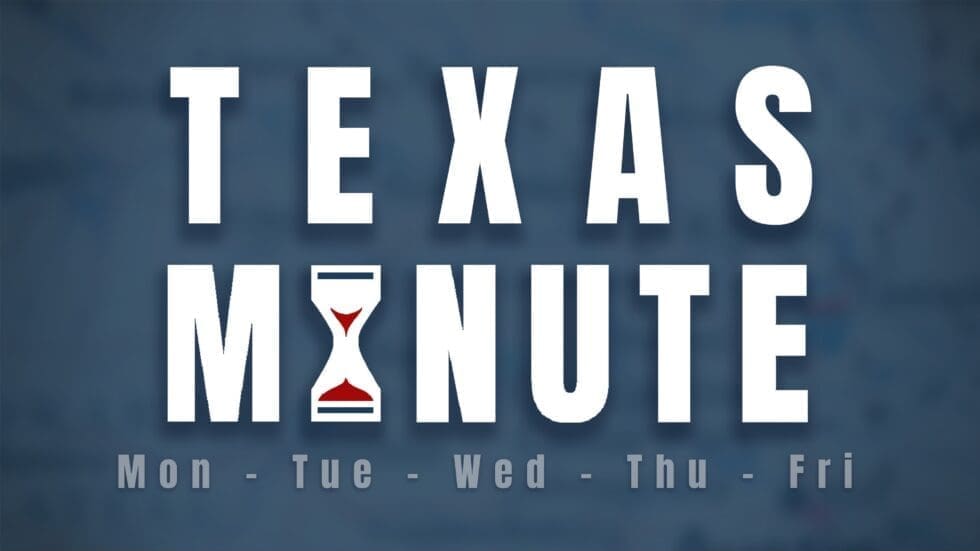Citizens in a North Texas school district are insisting their elected board members choose a new superintendent based on delivering education, fiscal responsibility, and not promoting “socialist” ideology. This is the latest conflict in which parents find themselves more and more in conflict with their school districts.
On Thursday morning, the board of Carroll Independent School District in Tarrant County voted 6-0 to hire the firm Thompson & Horton to find and present candidates to be considered as a replacement for outgoing Superintendent David Faltys.
Faltys—the highest-paid superintendent in Texas with a taxpayer-funded salary of over $452,000—resigned this month amid citizen outrage over a controversial Cultural Competence Action Plan, which would pit students against each other by tracking those accused of committing “microaggressions” and acts of discrimination.
The plan has no appeals process for students the school deems “inappropriate,” nor does it appear that accused students would be considered innocent until proven guilty. CCAP would also establish an LGBTQ+ student focus group for grades 9-12.
One parent recently described the plan as “socialist,” and citizens across Southlake confronted the board, demanding the plan be defeated.
These conflicts come at a time when parents across Texas have found themselves having to combat their own school districts. This fall, parents have been demanding that their school districts provide in-person classes for their children. Local parents recently forced school officials in Wylie to pull an assignment comparing police to slave traders and Klansmen.
The board originally voted on August 3 to delay any decision on the CCAP. Citizens confronted the board again at the August 17 meeting, saying they discovered CCAP was being implemented anyway. Board President Michelle Moore replied the program was not being implemented, but she told Texas Scorecard the next day that “components” of the board’s original draft of CCAP had been approved in late 2018 “for immediate implementation.”
Citizens showed up Thursday morning to tell the board of their criteria for a new superintendent.
“The community has lost faith in our central administration and our board,” citizen Trish Riley told the trustees Thursday morning. “You will need to look outside the district and not in the current administration.” Citizen Jaye Demas reiterated Riley’s stance on finding someone from outside Carroll ISD, and suggested they do “a nationwide search.”
“We’re refugees from California,” citizen Angela Hoene added. “The reason why we fled are programs similar to CCAP.”
Tim O’Hare, a Carroll ISD parent and former chairman of the Tarrant County GOP, gave Texas Scorecard a summary of what many Carroll ISD parents are seeking in the next superintendent:
“A highly regarded superintendent who understands Southlake values … and one that is fiscally conservative, respects taxpayers, and understands who they work for. One that will focus on a high-quality education, understanding the importance of schools to this community—not someone interested in shoving a political ideology down people’s throats.”
Dr. Michael Moses of Thompson & Horton told the board that his firm, which was selected out of eight others, would start searching for superintendent candidates that same day and host a forum for “community input.” Dr. Moses emphasized his firm promotes involving parents, non-parent taxpayers, and business leaders during the search.
After the firm’s search, the board will be asked to nominate candidates from the options presented to them, with the first round of interviews occurring in November. The board would select who to invite for a second round of interviews the following week.
“If all that goes well, by November 23, you can name a lone finalist,” Dr. Moses told the board. “[By] December 14, you could actually employ someone and have him here as soon as possible.”
Hiring a new superintendent will likely affect the future of CCAP. Concerned citizens will have to remain engaged, seeking transparency and participation in every step of the process. They will also have to maintain consistent communication with the board about the details of these “community engagement” meetings, and they will need to remind the board regularly of what they are looking for in a superintendent.





